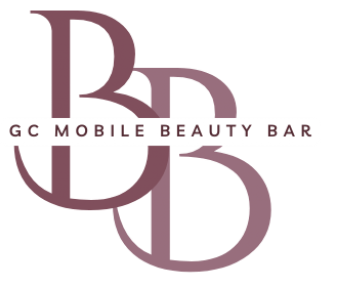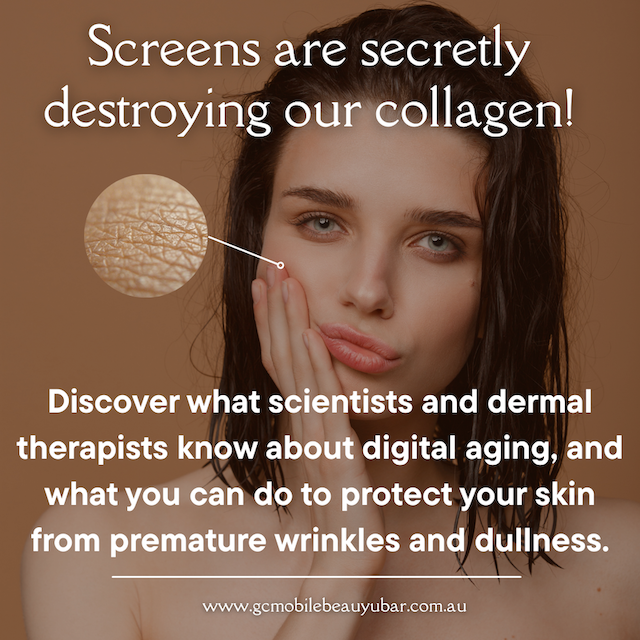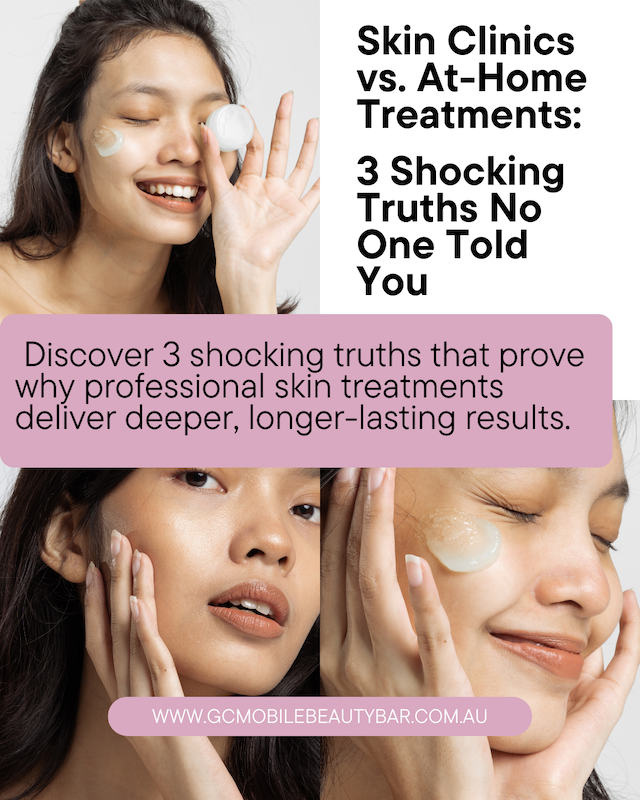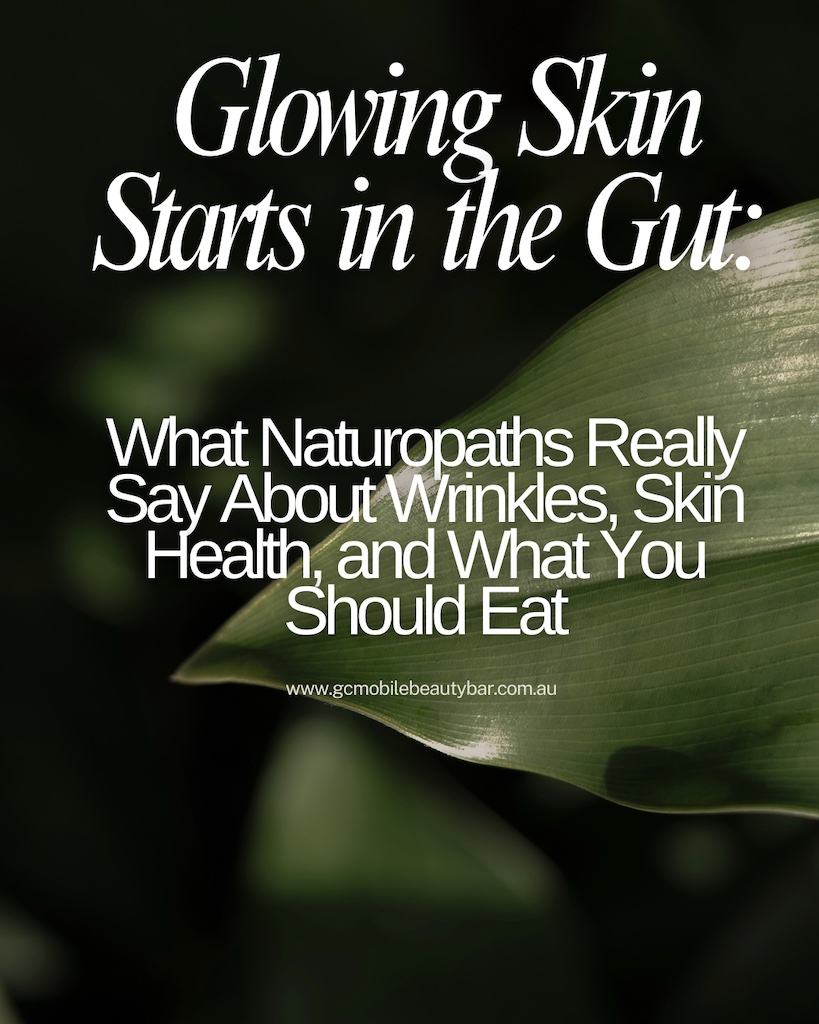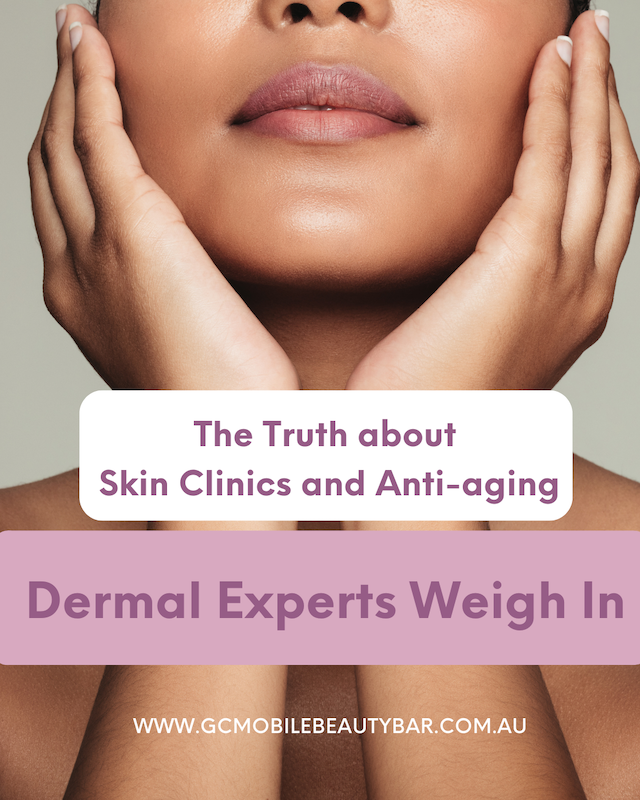This Everyday Habit is Secretly Destroying Your Collagen—Here’s How to Stop It
1. The Digital Glow That’s Ageing Us
In our tech-driven lives, most of us spend hours each day bathed in the blue glow of our devices. Phones, laptops, tablets, and even LED lights emit high-energy visible (HEV) blue light. While it may not burn like UV rays, it has its own sinister impact on your skin, particularly your precious collagen.
Collagen is the structural protein responsible for keeping your skin firm, bouncy, and youthful. As we age, our body produces less collagen, and environmental stressors speed up its breakdown. Blue light is now emerging as one of the most underestimated culprits behind premature skin ageing.
2. What Exactly is Blue Light?
Blue light is part of the visible light spectrum and has a shorter wavelength and higher energy than other visible colours. It penetrates the skin even deeper than UVB rays and can reach the dermis, where your collagen and elastin fibres live.
While the sun is the biggest source of blue light, our concern lies with the excessive exposure from devices we hold mere inches from our faces for hours at a time.
3. How Blue Light Damages Collagen
When blue light penetrates the skin, it triggers oxidative stress by producing free radicals. These unstable molecules wreak havoc on skin cells and accelerate the breakdown of collagen and elastin fibres.
Over time, this process leads to:
- Increased fine lines and wrinkles
- Skin laxity (loss of firmness)
- A dull, uneven complexion
- Increased pigmentation, especially in those with deeper skin tones
Studies show that even just 60 minutes of screen time can begin to alter skin cells in ways that mimic photoaging.
4. What the Research Says
Recent studies from dermatological journals and clinical trials have found that prolonged exposure to HEV blue light can:
- Reduce skin cell viability
- Trigger inflammation pathways in the skin
- Cause DNA damage similar to UVA exposure
- Worsen melasma and post-inflammatory hyperpigmentation
In one 2022 clinical study, researchers found significant increases in visible signs of ageing in people who spent over 4 hours a day in front of screens—regardless of sunscreen use.
5. Sunscreen Doesn’t Cover This
Many assume that wearing SPF is enough. Unfortunately, most sunscreens aren’t formulated to block blue light. Traditional SPFs focus on UVB and UVA protection but leave your skin wide open to HEV light damage.
To combat blue light, you need protection from specific ingredients such as:
- Iron oxides (used in tinted sunscreens)
- Licochalcone A (an antioxidant)
- Niacinamide (Vitamin B3, helps support skin barrier)
Wearing tinted sunscreen with iron oxides daily—even indoors—is now recommended by skin professionals.
6. What is Iron Oxide—and Is It the Same as Zinc?
This is a common question in skin protection, and the short answer is: no, iron oxides and zinc oxide are not the same, but they work brilliantly together.
Iron Oxides:
- These are naturally occurring mineral pigments used in tinted skincare and makeup.
- They provide specific protection against HEV (blue light), which traditional UV filters often miss.
- Because they absorb visible light, they’re key in shielding the skin from digital ageing.
- You’ll often find them in tinted products—think BB creams, mineral foundations, and physical sunscreens.
Zinc Oxide:
- A broad-spectrum physical sunscreen agent.
- Offers superior protection against both UVA and UVB rays, making it a go-to for sun protection.
- Zinc is gentle, anti-inflammatory, and suitable for sensitive skin.
Why You Need Both: When iron oxides and zinc oxide are combined in one product:
- You get complete protection across UVA, UVB, and blue light spectrums.
- The result is a more comprehensive defence against environmental stressors that degrade collagen.
- This combo is often found in high-quality mineral sunscreens and tinted SPF products.
A great example? Calamine lotion—a traditional formulation that contains both zinc oxide and a small amount of iron oxide to calm and protect irritated skin.
7. How to Protect Your Skin Daily
Here are the expert-approved steps to help safeguard your skin from blue light damage:
- Use a tinted sunscreen with iron oxides even when indoors
- Apply antioxidant serums daily (look for Vitamin C, E)
- Invest in a blue light screen protector for your phone and laptop
- Reduce screen time before bed to avoid melatonin disruption (and further skin ageing)
- Take breaks—follow the 20-20-20 rule: every 20 minutes, look at something 20 feet away for 20 seconds
8. Blue Light vs. Traditional Skin Stressors
Unlike UV rays or pollution, blue light is a newer and less obvious threat. That’s what makes it so dangerous—there’s no heat, no sting, no redness. It works slowly and invisibly, degrading collagen silently over time.
Because of this, many skin clinics are now educating clients on holistic protection, not just what you put on your skin, but also how you live with technology.
9. Can Professional Skin Treatments Help?
Absolutely. Treatments like resurfacing, peels, and micro-needling are powerful tools to stimulate fresh collagen and undo some of the blue light damage. Skin clinics are now tailoring plans that focus on repairing oxidative stress and restoring radiance.
Some in-clinic treatments to ask about:
- LED Light Therapy (red light) to support cellular repair
- Peels to target pigmentation and dullness
- Collagen-induction therapy for long-term structural improvement
- And many other Treatments that stimulate collagen production
Combining professional care with daily blue light protection can restore skin vitality and maintain youthful results for years.
Conclusion: Your phone might be ageing you more than the sun. It’s time we recognise the impact of blue light and take it seriously. By protecting your skin daily and supporting it with the right treatments, you can stay ahead of premature ageing—even in a digital world.
